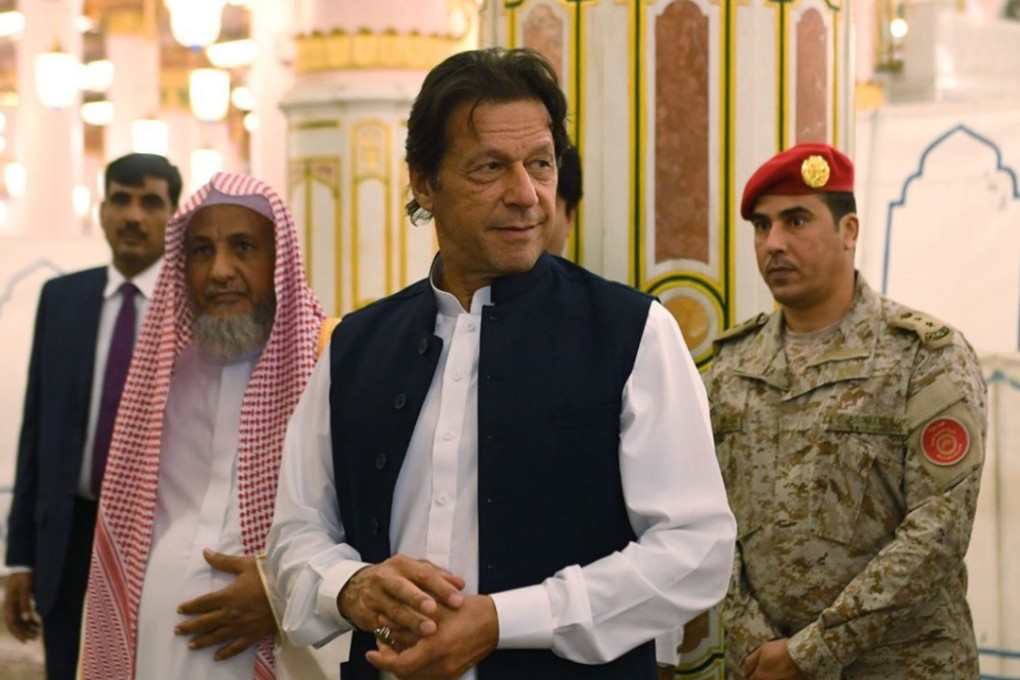Why Pakistan is backing away from Chinese-funded infrastructure projects
- Adnan Aamir says concern over unfair terms means Pakistan’s new government is less enamoured of the China-Pakistan Economic Corridor than previous leaders
- The nation is running up huge debts, and yet not a dollar of the Chinese loans has entered Pakistani banking channels

In April 2015, Pakistan, led by the Pakistan Muslim League-Nawaz, signed agreements aimed at establishing a China-Pakistan Economic Corridor (CPEC). The collection of infrastructure projects, the flagship of China’s global Belt and Road Initiative, was called a “game changer” for Pakistan. Some 3½ years on, however, a new government in Pakistan, led by Imran Khan's Pakistan Tehreek-i-Insaf party, is taking steps to scale it back.
Abdul Razak Dawood, a scion of a business family and the minister for commerce and industry, told the Financial Times that the new government would review all CPEC projects. He said that the agreements were unfair to Pakistani companies and should be put on hold for a year, so they could be revised if necessary.
The move and Dawood’s comments echo the growing resentment against CPEC in Pakistani power circles, although Dawood later said his quotes had been taken out of context. Chinese Foreign Minister Wang Yi also met his Pakistani counterpart, Shah Mehmood Qureshi, in New York and maintained that “China and Pakistan are all-weather strategic partners”.
However, the Pakistani government has gone on to suspend 455 development projects, some of which are part of CPEC, on the flimsy pretext of austerity. The China-Pakistan Economic Corridor is a US$62 billion collection of projects funded by Beijing. How could Pakistan achieve its goal of reducing public expenditure by suspending Chinese-funded projects? More likely, it is a way to scale down CPEC without raising the ire of its all-weather friend.